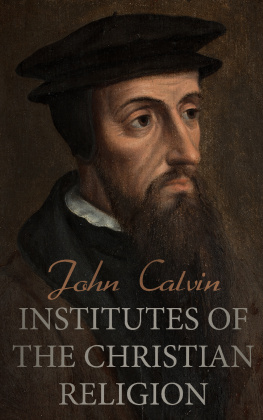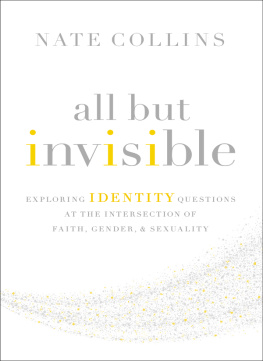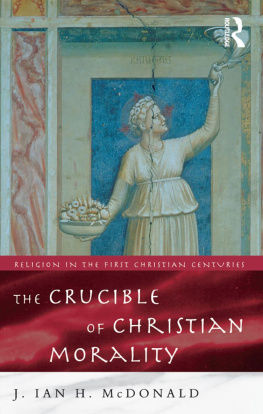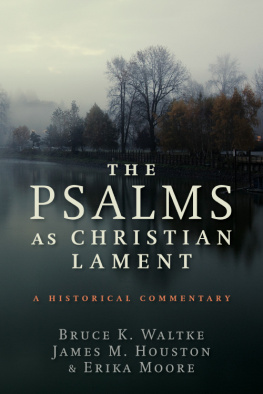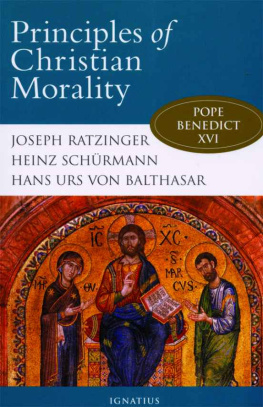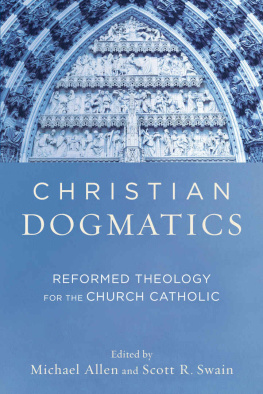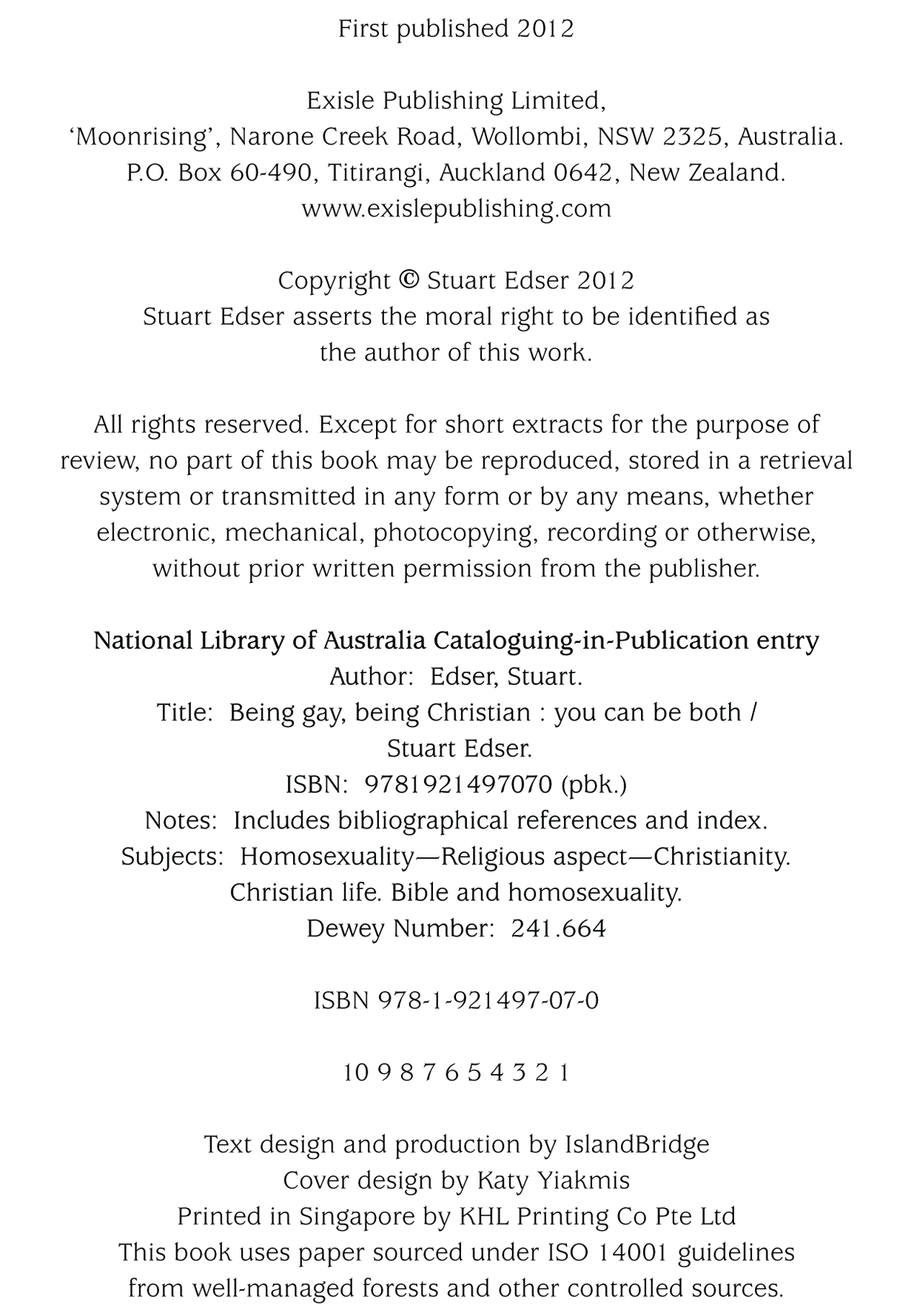Foreword
The struggle for the soul of contemporary Christianity
The Hon Michael Kirby AC CMG
I hope that this book will gain a large readership among people of diverse sexualities: heterosexual, homosexual, bisexual, transgender and intersexual.
There was a time, not so long ago, when sexual minorities comprised people who were expected to be thoroughly ashamed of themselves and keep their sexuality a deep, dark, hidden secret hidden from their families and communities life-long, hidden from their neighbours and, above all, hidden from their religious friends. Did not the scriptures, from the ancient Book of Leviticus,[1] condemn homosexual practice as an abomination? The punishment prescribed by the holiness code of the Old Testament was death. And so it was for centuries in the criminal laws of England, from whose books of law we in Australia inherited our criminal codes and statutes.[2]
This was the situation when I was growing up in Australia. The Crimes Act of New South Wales,[3] in traditional language, imposed severe criminal punishments upon same-sex attracted men (women were ignored). These were the unnatural offences, involving the abominable crime. The fact that the acts were performed between consenting adults in private was no defence. For, so it was said, the Bible condemned these crimes because they brought an infection of sin into the body politic of the entire nation, which was polluted by them.
Little wonder that generations of sexual minorities felt deeply alienated from themselves. Often they told no one, not even close friends, about their state. They were expected to go through life celibate, denying themselves the loving relationships and tender companionships (not to say, sexual fulfilment) that heterosexuals enjoyed as of right. This was a very big ask. But being backed up with criminal sanctions, many responded with shame and self-denial.
Some homosexuals married, against the order of their natures, plunging another human being into the burdens of their life. Furtive, unstable, fleeting encounters were all that was generally available to them. Not a few sought release in suicide. Many were the victims of violence and humiliation. Could this really have been the imposition that a loving religion imposed upon people whose sexual orientation was slightly different from the majority? Was it really so impossible to be both Christian and gay?
I was brought up in a loving Christian home, attended the local Anglican Church and learned its familiar and welcoming ways, so it seemed unlikely to me, at puberty, that I was truly intrinsically evil, condemned to a life beyond the pale and denied fulfilling love with other human beings and empathy with the society around me. Yet there are still good church people today who are still of that mind.[4] Things are changing, slowly, in my country. But globally, in most places, religion, even the Christian religion, seems pitched in a battle with the minority of individuals who discover that their sexuality does not conform strictly to the norm.
Then came the enlightenment. Substantially, it came first in the research and writings of scientists. Great writers in the psychological discipline, which the author Stuart Edser shares, began to question whether there was anything particularly unnatural, evil or abominable about sexual minorities and their sexual expression: Richard Krafft-Ebing, Havelock Ellis, Sigmund Freud, Evelyn Hooker and other psychologists dared to question the rationality of the hatred that was visited on sexual minorities. Their writings, in turn, stimulated an empirical search for evidence by the noted Professor of Zoology at Indiana University, Alfred Kinsey. Writing in the 1940s and 1950s, Kinsey detailed his investigations into sexual behaviour among human males and females. These appeared to establish that the sexual minorities were not insignificant in number; that they conformed to an apparently universal pattern; and that they reflected variations among human beings which were similar to other natural variations, such as skin colour, height, left-handedness and astigmatism. In short, the variations, scientifically speaking, were no big deal.[5] So why did the churches keep on propounding their message of hatred?
Be in no doubt that to this day the churches frequently continue to promote this message with vehemence and profound disrespect, not to say irrationality. Writing in the journal of the Sydney diocese of the Anglican Church of Australia (my own denomination), the Archbishop of Sydney, Dr Peter Jensen, recently declared that denying rights to fellow citizens in same-sex unions was not unjust it is not even discrimination in the current sense of the word but a refusal to call different things by the same name.[6]
He asserted that same-sex marriage would result in the undermining of the family unit and lead to the normalisation of homosexuality. He went on:
This claim for a right to be married could open the way for other forms, such as polygamous marriages or perhaps even marriage between immediate family members.[7]
These remarkable assertions were written without any apparent reference to what has actually happened in those countries which have begun to drop the exclusion of this group of citizens from the legal and civic rights enjoyed by others. There is no evidence whatsoever that polygamy or incest have increased, let alone been legalised, in The Netherlands, Belgium, Spain, Portugal, Argentina, Canada or any of the other countries that have opened up marriage to same-sex attracted couples.
Analogising adult long-term loving relationships to polygamy and incest was simply an unworthy attempt by Archbishop Jensen to continue the denigration of same-sex citizens, just as the church and religions have been trying to do for centuries.[8] It is shocking that such statements should be made today in the face of what is now a huge body of evidence that denies the assertion. Science and empirical evidence are the friends of reform and rationality. Little wonder that the enemies within the churches do not want to trouble themselves with research and evidence. Little wonder that they do not wish to hear the voices of their congregants who happen to be gay or the families and friends of those congregants.
Still, time is on the side of changing attitudes, at least in countries like Australia. The self-same news item that reported the dire predictions of Archbishop Jensen contained reports of a recent Galaxy Poll which found that three in four Australians believe that it is inevitable that same-sex couples will be allowed to marry.[9] If this poll is even partly accurate, it shows that there has been a huge swing-around in Australian opinions about the rights and dignity of gay people, which could certainly not have been predicted 60 years ago when Alfred Kinsey was writing and when I was growing up.
The contrast between Archbishop Jensens message and the message of the opinion poll could not have been more stark. Ordinary folks are simply no longer buying the stigma against same-sex people and the insistence that they are in some way unworthy, undeserving of civic equality and needful of humiliation and a permanent second-class status. That this change has happened so comparatively swiftly is itself an indication of the thirst of informed humanity for rational and scientific responses to assertions of injustice. Where holy scripture appears to be contradicted by scientific knowledge, it is necessary for people like Archbishop Jensen to use their considerable intelligence, knowledge and power to return to the scriptures and to read them afresh, in the light of the growing body of factual materials now available including the simple personal stories of gay people themselves.[10]


